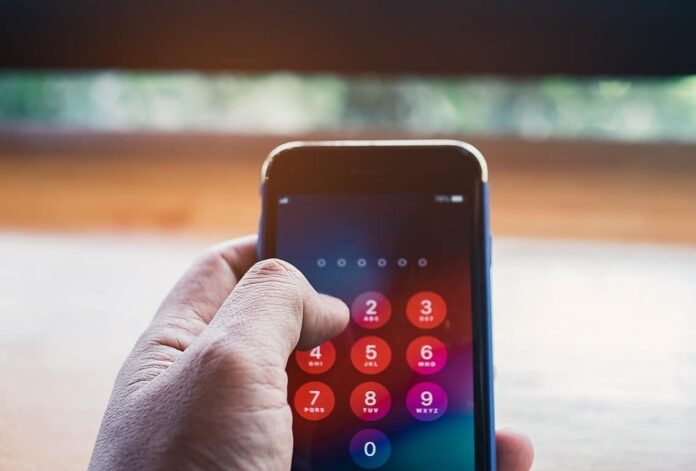An IT expert, Albert Naa has cautioned social media users against using their personal details and that of their relatives and loved ones as passwords of their social media accounts.
According to Albert Naa, such details are public information and thus, put one’s social media account at risk of being hacked if used as passwords.
“Make sure you don’t use your phone number. Don’t use your wife names, your girlfriend’s name, favorite food, those things, don’t use them. And date of births. It’s one of the things that makes you vulnerable to cyber attacks,” he stated on Breakfast Today.
He noted that many use their details as their social media credentials so as to not forget and end up losing their accounts.
But this act, the IT expert asserted, puts them at greater risk of losing their accounts as they are likely to fall prey to hackers.
“Your security is at risk, so it’s no longer about convenience and you will realize that, the more you use something, you’ll become familiar with it. So pass-sentences or passphrase may look complex within the first week but after you use it a couple of times, it becomes familiar”.
He added, “don’t sacrifice your security for little convenience because the data of birth is something that you can remember easily and it’s also something that people know. Today, Facebook will announce your date of birth. Some don’t even hide the year. So the year and the month will just be put out like that”.
Albert Naa advised those who insist on using their personal details to combine them with other characters in order that the passwords created will be unique and not predictable.
On strengthening security on social media, he urged users to use strong passphrase and sentences instead of passwords and in addition, activate two-factor authentication in order to secure their accounts from falling prey to cyberattacks.
His comments come on the back of increasing incidents of cyberattacks on social media.
Many social media users continue to lose their handles to hackers day-in-day-out.
Some of these criminals have devised various tricks including asking users to mention a six-digit code, which is generated in the course of hacking the user’s account and which if they get hold of, is used to gain unauthorized access to the account.




